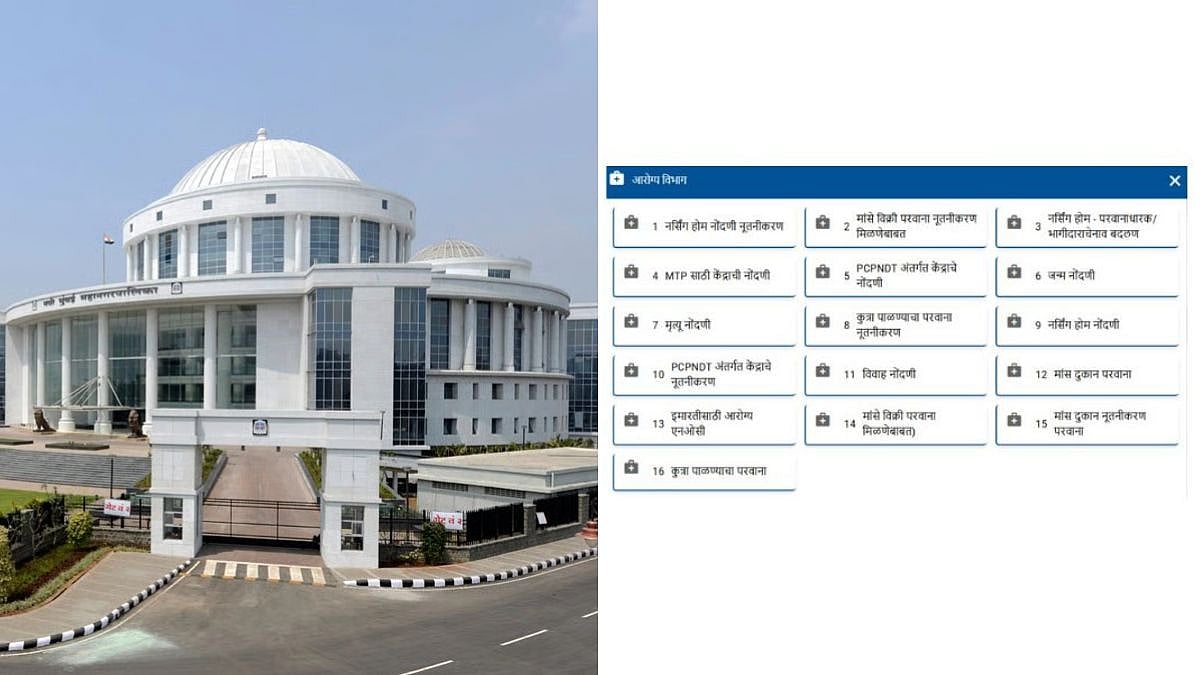The festive season is upon us, and the sub-continent has started off with one of its biggest celebrations, bringing Lord Ganesha to homes and pandals alike. Ganesh Chaturthi, or Ganesh Utsav, is one of the biggest festivities in India, especially in Maharashtra.
One of the most common sights during the 10-day-long festivity is to see devotees lining up in front of pandals, maintained by groups or 'Mandals' to get a glimpse of darshan.


Section 80G of Income Tax Act, 1961
Many even donate what they can to the deity, which naturally goes to the group or Mandal running the Utsav.
Given the volume of donations that one sees at these pandals every year, it is often a point of curiosity among many, who wonder whether their donations add to potential fiscal benefit.
This thought stems from Section 80G of the Income Tax Act, 1961. As per section of the Income Tax Act, Indian taxpayers can claim deductions on contributions or donations made by them.
This said deduction under the Act is available for contributions to the specified relief funds and charitable institutions. From Individuals to companies, major economic facets of the country are eligible for this tax break. Taxpayers need to submit the Form 58A to claim the benefit.
However, there are limitations to the ambit of this section. This, as the organisation or Mandal, in this case has to comply with the rules and be registered with the Income Tax authorities of India. In addition, it also has to qualify.
In the state of Maharashtra, a Mandal can register as a charitable organisation by registering with charity.maharashtra.gov.in.

One of the conditions enlisted in the rule book is that "the institution or fund is not expressed to be for the benefit of any particular religious community or caste". |
Clause Limiting Tax Deductions
However, getting a deduction or exemption would not be possible, as per the Income Tax Act, 1961, Section 80G applies to donations to any institution or fund referred to in sub-clause (iv) of clause (a) of sub-section (2), only if it is established in India for a charitable purpose and if it fulfils the condition.
One of the conditions enlisted in the rule book is that "the institution or fund is not expressed to be for the benefit of any particular religious community or caste".
This clause within the section proscribes any benefit from being garnered by devotees giving donations.
Across Mumbai
Even when we look at some of Mumbai's most popular pandals, this law and its limitations become clear.
Here, the city's biggest Mandal, the Lalbaughcha Raja taxpayers and their direct donation to the Mandal will not earn them any deductions.

Screengrab from Lalbaughcha Raja website. |
As per the group's own website, the Mandal does not fall under Section 80G of the Indian Income Tax Act, 1961.
When we go to another big Mandal, namely, G.S.B Seva Mandal in Mumbai's King's Circle, the story is slightly different, as this Mandal claims, 'If 80G Benefit is to be availed, then please add your PAN No'.

Screengrab from GSB |
However, the website also states, "Please note that donations towards religious purposes are not eligible for exemption U/S 80G of the Income Tax Act, 1961."











